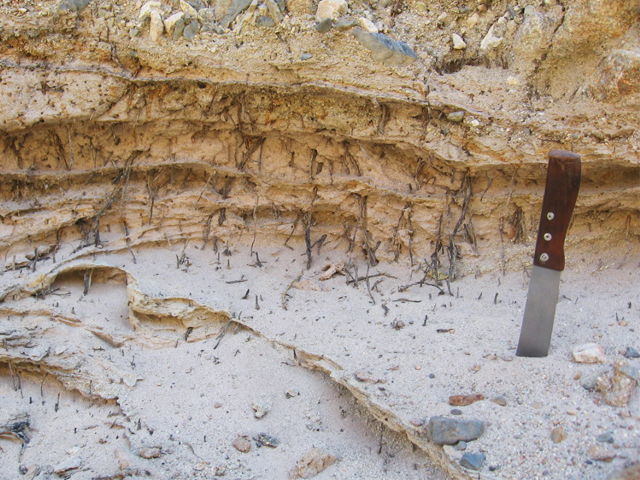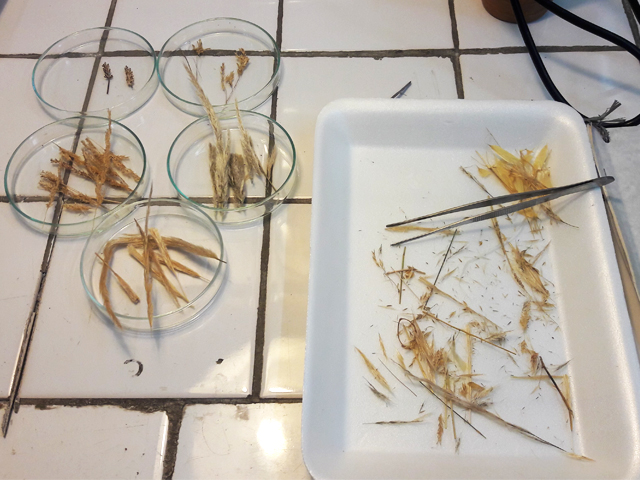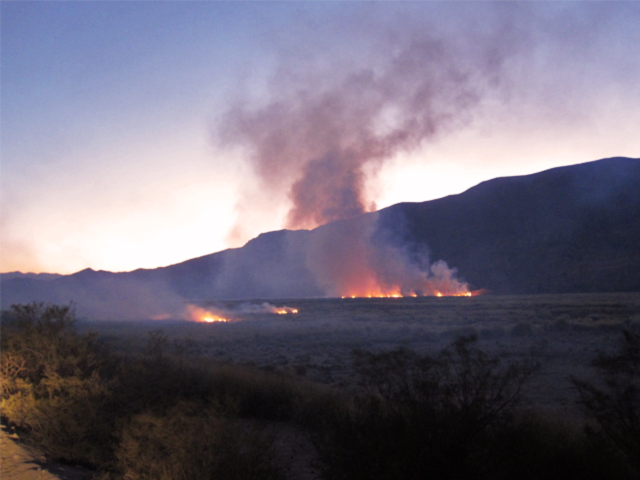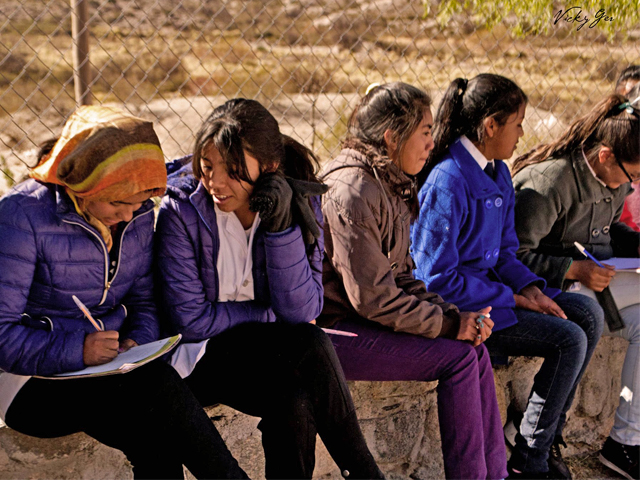This area of work responds to community requests for assistance to monitor water quality and other environmental issues. Drawing upon the pre-existing Yuyería (Ancestral herbs for good living) and with the support of the well-established interdisciplinary paleoenvironmental expertise of the CIIVAC team, the e principal objective of this strand of work is to empower local communities to make decisions on their environmental and cultural resources, particularly when facing challenges from a variety of agents and situations (climate change, erosion, mining, etc).
For instance, the local agricultural population manage a body of knowledge associated with local conceptualisations of the soil and its relationship with the entire agroecosystem: from the categorization of different grounds (which allows farmers to know which ones are suitable for productive activities as agriculture, horticulture, the construction of adobes, the layout of irrigation ditches) to the knowledge about geomorphology and morpho dynamics, the biological cycles of animals and plants, the dynamics of rivers. These vernacular, transgenerational knowledge, based on personal and shared experiences, are applied to production systems through different practices such as the use of green manures, rest cycles and land rotation and the reuse of productive structures (orchards or crop areas-corrals), which result respectful and functional to the environment and its internal local variabilities.
As part of the Rural Community Museum, this subproject seeks to foster local capacity building in environmental analysis and management; design a collaborative application conservation plan with recommendations for government and decision-makers at local, provincial, and national levels; and serve as a basis for transfer of future knowledge at school level and media.
The Living Territories project is setting a solid foundation for this long-term endeavour through the acquisition of equipment to monitor variables related to these practices, the design of the premises, and the initial organisation of the local research teams to facilitate capacity building throughput the pandemic while also planning for continued training and collaboration in the post-pandemic world. The core team leading this area of work includes natural and archaeological Science experts: Mariana Mondini, Julio Kulemeyer, Guadalupe Romero, Soledad Melendez, Violeta Killian Galvan, Laura Taddei Salinas, Matias Lepori, Gladys Villagra, Alejandra Molina; archaeology students Maria Florencia Arias and Pamela Villagra, and local cultural resource managers, with the support of the wider CIIVAC team.




